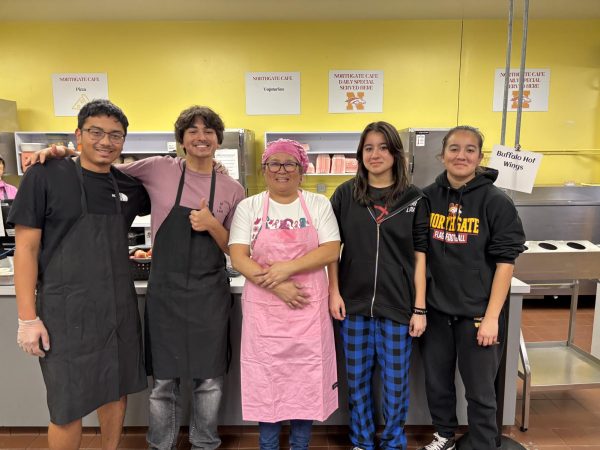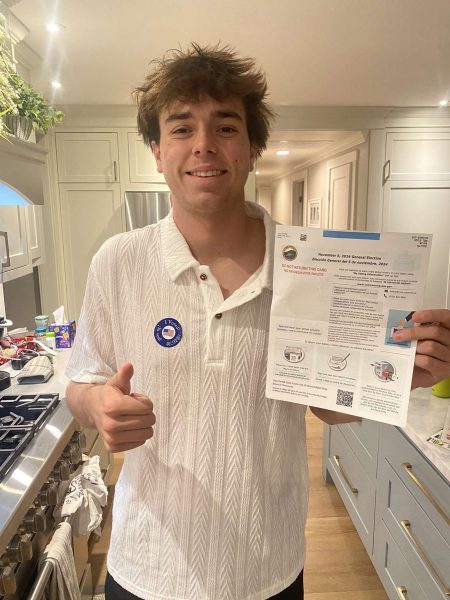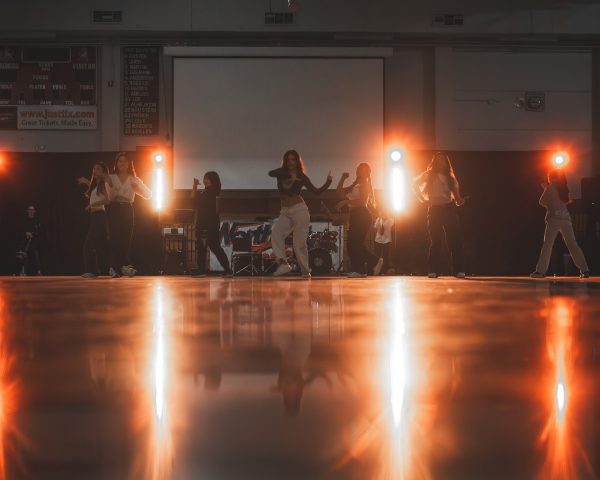Let’s Talk About Consent
In wake of Northgate’s Consent Assembly on Tuesday April 9, the topic of sexual assault has been open for discussion in the Northgate community. Consent is a topic most avoid because it is uncomfortable, and some may believe it doesn’t necessarily matter. Northgate’s administration is trying to change that.
So why do people avoid talking about consent and sexual assaults? People are uncomfortable talking about sex, and afraid of such a serious topic. They turn to victim blaming and sometimes completely avoid talking about it in general. However, teens need to know about the cold hard facts surrounding sexual assault and consent, considering they will be in college soon.
District Attorney Matt Caron shared some shocking stats on sexual assault. On college campuses ⅕ female students are victims of rape or attempted rape and ¼ females have been victims of sexual assault in their lifetime. He also shared that 90% of rape victims are under the age of 30 and ⅓ of sexual assault survivors are first year college students between the ages of 17-19.
He emphasized that the only thing that causes rape are rapists. It is also important to note that flirting, drinking too much, or what the victim wears is not the cause of rape and/or sexual assault. The only thing that causes rape are rapists.
Caron elaborates,“We all have ideas about sexual assault, what it means, what it is, how people react, what they do, things like that. But what we really need to understand is that sexual assault might be really different than what you originally thought. It is important to understand that the vast majority of rapes and sexual assaults are committed by people that we know, against people that we know, that are family members, that are friends, and what you need to know it that sexual assault is something that we are doing to each other. Sexual assaults are things that are perpetrated by people that they know, people that we say, this person would never do that.”
High school is a time of emerging romantic relationships, and students may not have to tools to know and understand much about the details of consent and sexual assault, and what it means to them. Schools around the country are moving to educate student in a effort to avoid these frightening statistics.
So what is consent?
The topic of consent was discussed at the assembly in order to get students comfortable with practicing consent. The “Yes means Yes” law in California, passed by former governor, Jerry Brown, means that between two individuals, there needs to be verbal consent, meaning strictly a yes. If there is not, it is not consent. Asking for a condom/birth control is not consent. Nodding or other sexual acts is not consent. A solid “yes” is the only consent legal in California.
It is important to know that sexual assault is not exclusive to just rape. Sexual assault and harassment consists of attempted rape, fondling or unwanted sexual touching, forcing a victim to perform sexual acts, such as oral sex or penetration of the victim’s body, also known as rape.
“We need to change the way sexual assault is viewed, the way that is reported the way we treat survivors, and the way we treat defendants and suspects. Everyone in this room has a right to make decisions, we have a right to make decisions about ourselves and our bodies, and what we choose to do. Nobody can make those decisions for us”, Caron emphasized.
If you want to learn more about consent, visit the National Sexual Violence Resource Center’s page and lessons about consent here: https://www.nsvrc.org/saam. If you have been a victim of sexual assault, contact the police department, preferably immediately. Options are also available for victims looking for help through difficult times. If you need immediate support, you can reach your local RAINN affiliate at any time, 24/7.
You can call the National Sexual Assault Hotline(link is external) at 800-656-HOPE (4673)
For more information about sexual assault, call the OWH Helpline at 1-800-994-9662 or check out the following resources from other organizations:
- Not Alone(link is external) — Information from the Center for Changing Our Campus Culture.
- Reporting to Law Enforcement(link is external) — Information from the Rape, Abuse & Incest National Network (RAINN).
- Understanding Sexual Violence (PDF, 382 KB) — Fact sheet from the Centers for Disease Control and Prevention.
- Victims Connect Resource Center(link is external) — Program of the National Center for Victims of Crime.





